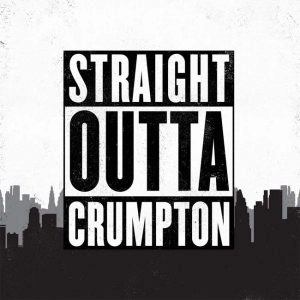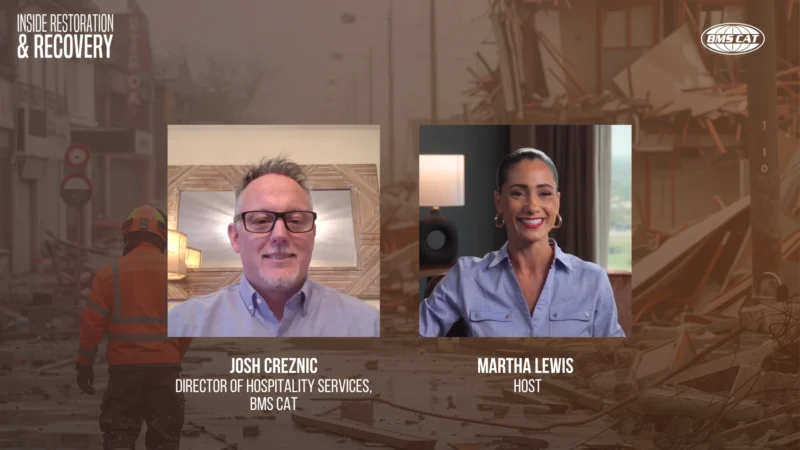The Copacabana Nightclub is Back: What Can Hospitality Brands Learn from the Copa’s Media Strategy?
Who can forget that one-take shot of Ray Liotta escorting Lorraine Bracco into the Copacabana nightclub in the 1990 film Goodfellas?
The legendary Copacabana, often hailed as America’s most iconic nightclub, is set for a post-pandemic resurgence with an ambitious nationwide tour. This revival will spotlight pop-up events during North America’s premier occasions, such as the Grammys and Super Bowl Weekend, with the tour’s inauguration marked by the Copacabana Summer Party during Miami Swim Week in July 2023. Under the leadership of John Juliano, Charles Shibetti, and newly appointed Creative Director Angelo Diaz, the nightclub aims to redefine contemporary hospitality, blending fine dining with top-tier entertainment.
Franck Mille, renowned for his transformative work in the fashion industry, joins the team and steps in as the Director of Hospitality. As The Copacabana makes its comeback, it’s poised not just to relive its golden days but to reshape American pop culture.
Critical to the Copacabana nightclub’s past success, as well as its future endeavors, is its relationship with the media. Angelo Diaz describes why that relationship is essential for the Copacabana to succeed in the present and what other hospitality, entertainment, and restaurants can learn from the Copa’s approach.
Angelo’s Thoughts
“There’s a lot for any hospitality brand, whether it’s nightclubs or restaurants or hotels or lounges, to learn from what the Copacabana was able to accomplish with this relationship to media. I mean, honestly, the media contributed tremendously to the success of the Copacabana. It helped make the Copacabana what it is today, what it was back then, especially during a sensitive time period in this country’s history.
It dates back to the 40s, the beginning of the Copacabana when Monty Prosser created a Copacabana. He and Walter Winchell were like this. He and Ed Sullivan were like this. So, he helped provide a lot of scoops and a lot of access to the likes of Walter Winchell, which, if you don’t know, is somebody who helped journalism transition from polite social reporting and gossip reporting into hard-hitting conversations that helped shift the mindset of this country or push conversations that were already a thing.
Even in 1947, radio DJ Jack Egan created a segment called Meet Me at the Copa and broadcast live from the Copacabana, essentially creating the first-ever remote broadcast from a radio station ever. It helped create that and make that a thing. So, the history is rich there, very rich. And the way we plan on celebrating that and cultivating that and bringing back the Copacabana and rebooting it in this post-pandemic era, we’re very excited. We have some very innovative ways that we plan on doing that.
And it begins with the Copacabana tour because the birthplace of Copacabana, the nightclub, is New York City. So, the relationships with the New York Times, Page Six, Wall Street Journal, and New Yorker magazine are already there. But to tour the country and to break bread with media around the country, local media, in LA, in Houston, in Atlanta, in Miami, Chicago, around the country, to give them an opportunity to touch the Copa and meet the Copacabana and do business with the Copacabana and make history with the Copacabana, that’s the very exciting part.
I think that’s what’s gonna help take the legacy to another level. And then hospitality, period. I think there’s a lot for any hospitality brand, whether it’s nightclubs, restaurants, hotels, or lounges, to learn from what the Copacabana accomplished with this relationship to media because there’s been a lot of brands and entities that have been able to take what the Copacabana did and run with it and build on that.
From Club Live down in Miami Beach to Delilah’s in LA, to Clay in Houston, to the world-famous Compound in Atlanta back during its run. These brands and entities were really able to build on the foundation that the Copacabana set in the sense of creating something sensational for the celebrities, VIPs, movers, and shakers, the moguls of this era. But I don’t see where they’ve pushed their relationship with nightclubs or hospitality brands and media to the next level. So hopefully, we can teach them a few things. You know what I mean?
Article by James Kent








